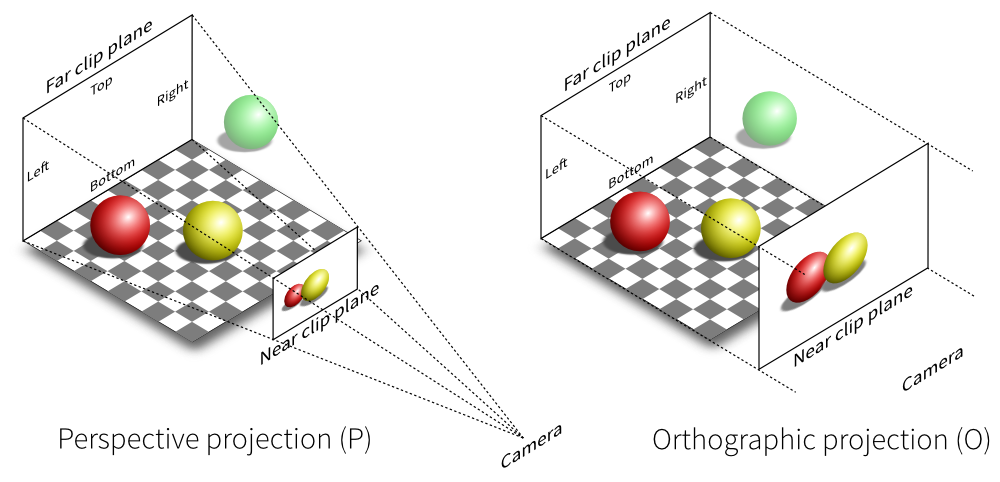1
2
3
4
5
6
7
8
9
10
11
12
13
14
15
16
17
18
19
20
21
22
23
24
25
26
27
28
29
30
31
32
33
34
35
36
37
38
39
40
41
42
43
44
45
46
47
48
49
50
51
52
53
54
55
56
57
58
59
60
61
62
63
64
65
66
67
68
69
70
71
72
73
74
75
76
77
78
79
80
81
82
83
84
85
86
87
88
89
90
91
92
93
94
95
96
97
98
99
100
101
102
103
104
105
106
107
108
109
110
111
112
113
114
115
116
117
118
119
120
121
122
123
124
125
126
127
128
129
130
131
132
133
134
135
136
137
138
139
140
141
142
143
144
145
146
147
148
149
150
151
152
153
154
155
156
157
158
159
160
161
162
163
164
165
166
167
168
169
170
171
172
173
174
175
176
177
178
179
180
181
182
183
184
185
186
187
188
189
190
191
192
193
194
195
196
197
198
199
200
201
202
203
204
205
206
207
208
209
210
211
212
213
214
215
216
217
218
219
220
221
222
223
224
225
226
227
|
#include <bits/stdc++.h>
inline char read() {
static const int IN_LEN = 1000000;
static char buf[IN_LEN], *s, *t;
if (s == t) {
t = (s = buf) + fread(buf, 1, IN_LEN, stdin);
if (s == t) return -1;
}
return *s++;
}
template<class T>
inline bool read(T &x) {
static bool iosig;
static char c;
for (iosig = false, c = read(); !isdigit(c); c = read()) {
if (c == '-') iosig = true;
if (c == -1) return false;
}
for (x = 0; isdigit(c); c = read())
x = (x + (x << 2) << 1) + (c ^ '0');
if (iosig) x = -x;
return true;
}
const int OUT_LEN = 10000000;
char obuf[OUT_LEN], *oh = obuf;
inline void print(char c) {
if (oh == obuf + OUT_LEN) fwrite(obuf, 1, OUT_LEN, stdout), oh = obuf;
*oh++ = c;
}
template<class T>
inline void print(T x) {
static int buf[30], cnt;
if (x == 0) {
print('0');
} else {
if (x < 0) print('-'), x = -x;
for (cnt = 0; x; x /= 10) buf[++cnt] = x % 10 + 48;
while (cnt) print((char)buf[cnt--]);
}
}
inline void flush() {
fwrite(obuf, 1, oh - obuf, stdout);
}
typedef unsigned long long ull;
typedef unsigned int uint;
#define long long long
const int MAXN = 100000;
const int MAX_VAL = 30000;
uint v[MAXN], bucL[MAX_VAL + 1], bucR[MAX_VAL + 1];
namespace Concurrent {
inline void concurrentSolve(int n, int num1) {
register int i, tmp;
bucR[MAX_VAL - (v[0] = num1)]++;
for (i = 1; i < n; i++)
read(tmp), bucR[MAX_VAL - (v[i] = tmp)]++;
bucR[MAX_VAL - v[0]]--;
register int minL = v[0], maxL = v[0];
register long ans = 0;
n--;
for (i = 1; i < n; i++) {
register int last = v[i - 1], cur = v[i];
if (last < minL) minL = last;
else if (last > maxL) maxL = last;
bucL[last]++;
bucR[MAX_VAL - cur]--;
register int bufx = cur << 1, low = std::max(minL, bufx - MAX_VAL),
high = std::min(maxL, bufx - 1);
register uint tmp = 0, *p1 = bucL + low, *pr = bucL + high - 14,
*p2 = bucR + MAX_VAL - bufx + low;
while (p1 <= pr) {
tmp += (*p1) * (*p2) + (*(p1 + 1)) * (*(p2 + 1)) + (*(p1 + 2)) *
(*(p2 + 2)) + (*(p1 + 3)) * (*(p2 + 3)) + (*(p1 + 4)) * (*(p2 + 4))
+ (*(p1 + 5)) * (*(p2 + 5)) + (*(p1 + 6)) * (*(p2 + 6)) + (*(p1 + 7))
* (*(p2 + 7)) + (*(p1 + 8)) * (*(p2 + 8)) + (*(p1 + 9)) * (*(p2 + 9))
+ (*(p1 + 10)) * (*(p2 + 10)) + (*(p1 + 11)) * (*(p2 + 11))
+ (*(p1 + 12)) * (*(p2 + 12)) + (*(p1 + 13)) * (*(p2 + 13))
+ (*(p1 + 14)) * (*(p2 + 14));
p1 += 15, p2 += 15;
}
while (p1 <= bucL + high) tmp += (*(p1++)) * (*(p2++));
ans += tmp;
}
print(ans);
}
}
namespace FastFourierTransform {
struct Complex {
double r, i;
Complex(double r = 0, double i = 0) : r(r), i(i) {}
inline Complex operator+(const Complex &x) const {
return Complex(r + x.r, i + x.i);
}
inline Complex operator-(const Complex &x) const {
return Complex(r - x.r, i - x.i);
}
inline Complex operator*(const Complex &x) const {
return Complex(r * x.r - i * x.i, r * x.i + i * x.r);
}
inline Complex conj() {
return Complex(r, -i);
}
};
const double PI = acos(-1);
inline void fft(Complex *a, const int n, const int f) {
for (register int i = 0, j = 0; i < n; i++) {
if (i > j) std::swap(a[i], a[j]);
for (register int k = n >> 1; (j ^= k) < k; k >>= 1);
}
for (register int i = 1; i < n; i <<= 1) {
Complex wn(cos(PI / i), f * sin(PI / i));
for (register int j = 0; j < n; j += i << 1) {
Complex w(1, 0);
for (register int k = 0; k < i; k++, w = w * wn) {
Complex x = a[j + k], y = w * a[i + j + k];
a[j + k] = x + y, a[i + j + k] = x - y;
}
}
}
if (f == -1) for (register int i = 0; i < n; i++) a[i].r /= n;
}
const int MAXN = 700010;
Complex a[MAXN], b[MAXN];
int num[MAXN], l[MAXN], r[MAXN], st[MAXN], ed[MAXN];
int n;
inline void solve(int n, int num1) {
num[1] = num1;
register int max = num1;
r[num1]++;
for (register int i = 2; i <= n; i++)
read(num[i]), max = std::max(max, num[i]), r[num[i]]++;
max++;
max = (max << 1) - 1;
for (FastFourierTransform::n = 1; FastFourierTransform::n <= max;
FastFourierTransform::n <<= 1);
register int size = 2000;
register int m = (n - 1) / size + 1;
for (register int i = 1; i <= m; i++) {
st[i] = ed[i - 1] + 1;
ed[i] = i * size;
}
ed[m] = n;
register long ans = 0;
for (register int i = 1; i <= m; i++) {
for (register int j = st[i]; j <= ed[i]; j++)
r[num[j]]--;
for (register int j = 0; j < FastFourierTransform::n; j++)
b[j] = Complex(l[j], r[j]);
fft(b, FastFourierTransform::n, 1);
for (register int i = 0, j; i < FastFourierTransform::n; i++) {
j = (FastFourierTransform::n - i) &
(FastFourierTransform::n - 1),
a[i] = (b[i] * b[i] - (b[j] * b[j]).conj())
* Complex(0, -0.25);
}
fft(a, FastFourierTransform::n, -1);
for (register int j = st[i]; j <= ed[i]; j++)
ans += ((long)(a[2 * num[j]].r + 0.5));
for (register int j = st[i]; j <= ed[i]; j++) {
for (register int k = st[i]; k < j; k++)
if (2 * num[j] - num[k] >= 0)
ans += r[2 * num[j] - num[k]];
for (register int k = j + 1; k <= ed[i]; k++)
if (2 * num[j] - num[k] >= 0)
ans += l[2 * num[j] - num[k]];
l[num[j]]++;
}
}
print(ans);
}
}
int main() {
#ifndef ONLINE_JUDGE
freopen("in.in", "r", stdin);
#endif
register int n, num1;
read(n), read(num1);
if ((n <= 100000 && num1 <= 50 && num1 != 1) || (n <= 5000)) {
Concurrent::concurrentSolve(n, num1);
} else {
FastFourierTransform::solve(n, num1);
}
flush();
return 0;
}
|



